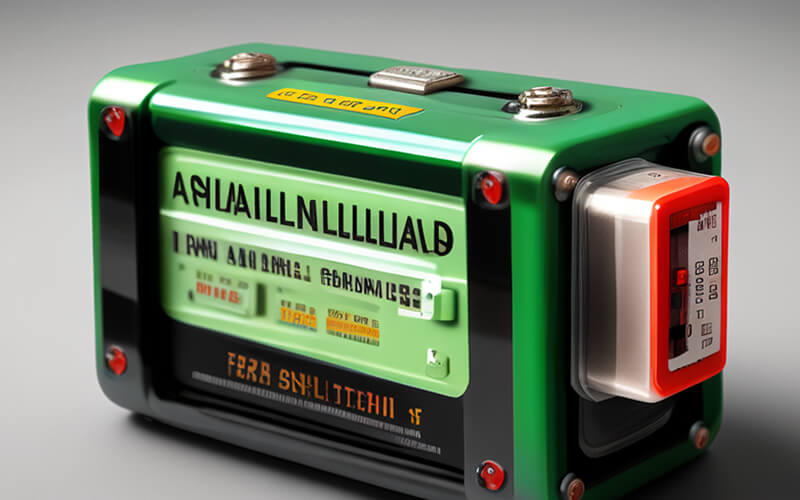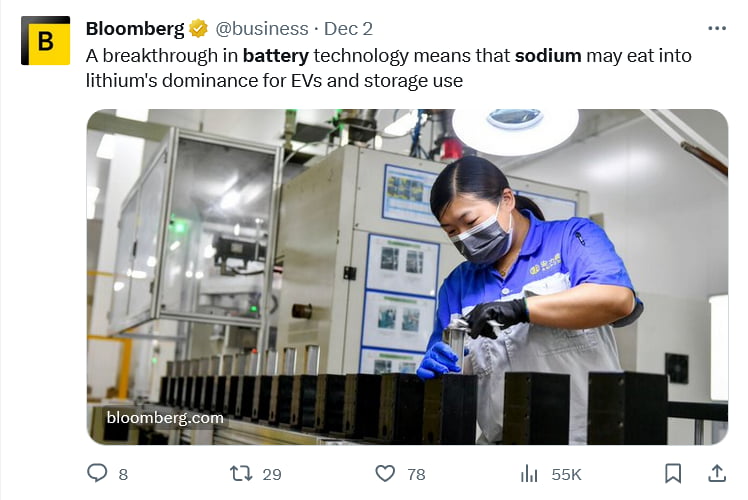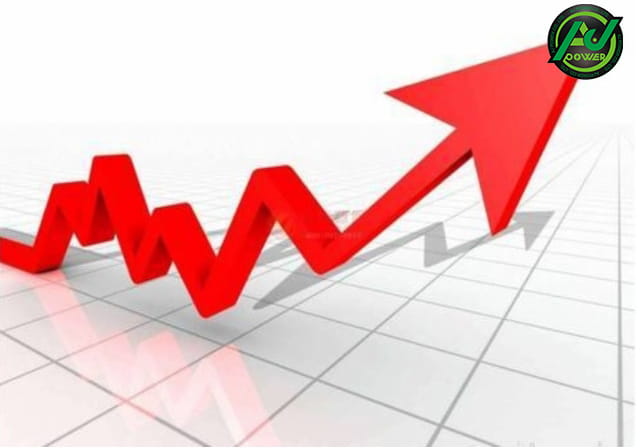 Are lithium iron phosphate batteries better than lithium-ion?
Jun 21, 2023
Are lithium iron phosphate batteries better than lithium-ion?
Jun 21, 2023
Are lithium iron phosphate batteries better than lithium-ion?
Lithium batteries have revolutionized the world of energy storage, providing a more efficient and long-lasting alternative to traditional batteries. However, not all lithium batteries are created equal. In recent years, a new type of lithium battery, lithium iron phosphate (LiFePO4), has gained popularity among consumers and businesses alike. But what sets LiFePO4 batteries apart from the more common lithium-ion (Li-ion) batteries? Are they really better?
First, let's look at the basics. Both LiFePO4 and Li-ion batteries use lithium ions to store energy. However, the cathode (positive electrode) material is different. LiFePO4 batteries use iron phosphate as the cathode material, while Li-ion batteries typically use a combination of lithium, cobalt, nickel, and other metals.
One of the key advantages of LiFePO4 batteries is their safety. Unlike Li-ion batteries, which are prone to overheating and thermal runaway, LiFePO4 batteries are much more stable and less likely to catch fire or explode. This makes them a safer choice for applications such as electric vehicles and home energy storage systems.
LiFePO4 batteries also have a longer lifespan than Li-ion batteries. While Li-ion batteries typically last for around 500 to 1,000 cycles, LiFePO4 batteries can last for up to 2,000 cycles or more. This means that they will need to be replaced less frequently, saving consumers money in the long run.
Another advantage of LiFePO4 batteries is their superior performance in extreme temperatures. Li-ion batteries can lose up to 20% of their capacity in cold temperatures, while LiFePO4 batteries can still perform well in temperatures as low as -20°C.
On the other hand, Li-ion batteries have a higher energy density than LiFePO4 batteries. This means that they can store more energy in a smaller space, making them ideal for applications where size and weight are important, such as mobile devices and electric vehicles.
So, which type of battery is better? The answer depends on the specific application. For high-performance applications where size and weight are critical, such as electric vehicles, Li-ion batteries may be the better choice. However, for applications where safety and longevity are more important, such as home energy storage and backup power systems, LiFePO4 batteries are a superior choice.
To summarise, whereas Li-ion batteries have long dominated the lithium battery industry, LiFePO4 batteries provide a compelling option for applications requiring safety, lifespan, and performance in severe temperatures. Before selecting a battery type, like with any technology, it is critical to thoroughly analyse the unique demands of your application.

 Are lithium iron phosphate batteries better than lithium-ion?
Jun 21, 2023
Are lithium iron phosphate batteries better than lithium-ion?
Jun 21, 2023
 AJPOWER Monitors Industry Shift as Sodium Challenges Lithium in Battery Technology
Dec 06, 2023
AJPOWER Monitors Industry Shift as Sodium Challenges Lithium in Battery Technology
Dec 06, 2023
 Empowering Tomorrow: The Surge in Lithium-Ion Energy Storage
Dec 18, 2023
Empowering Tomorrow: The Surge in Lithium-Ion Energy Storage
Dec 18, 2023